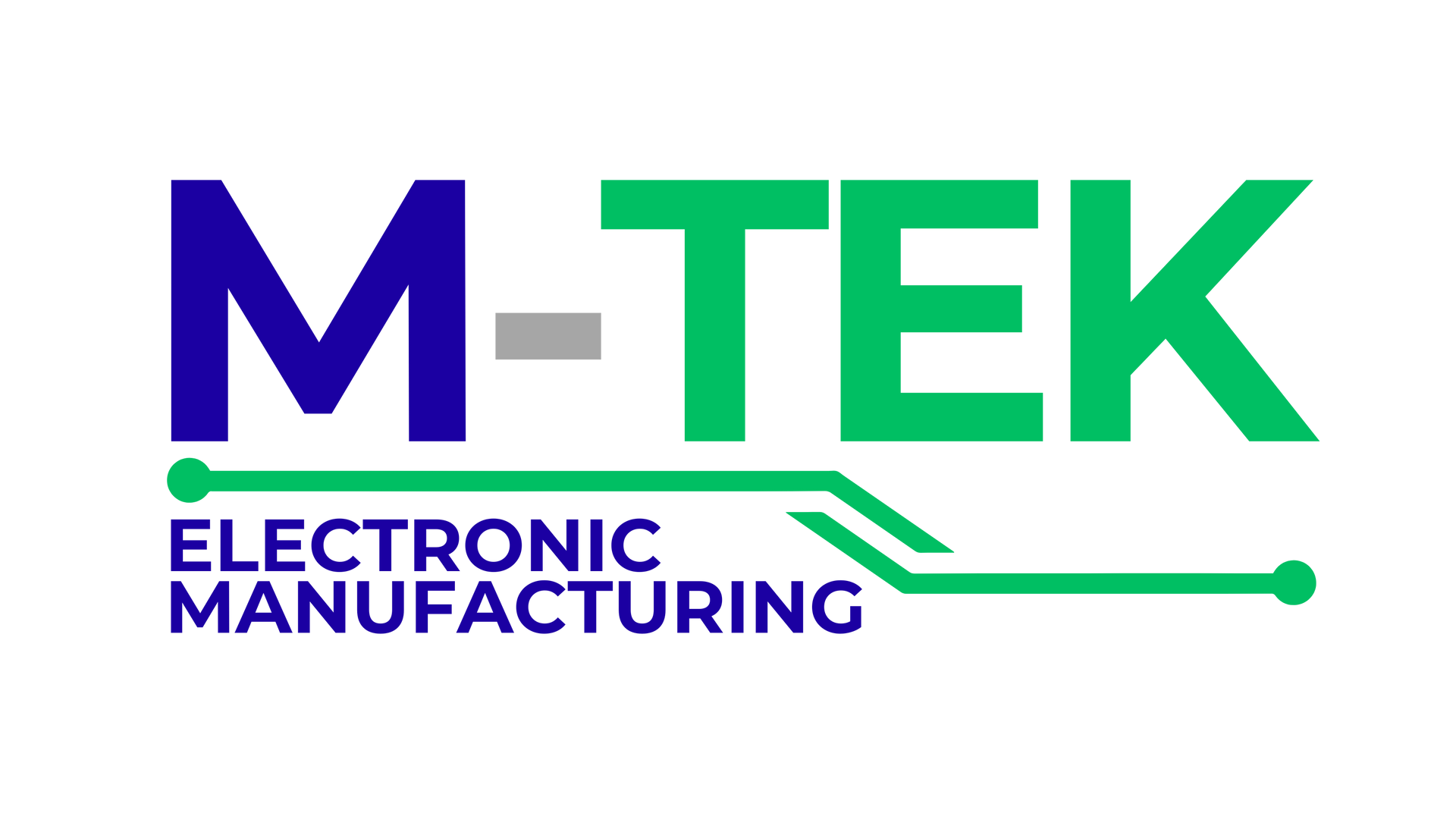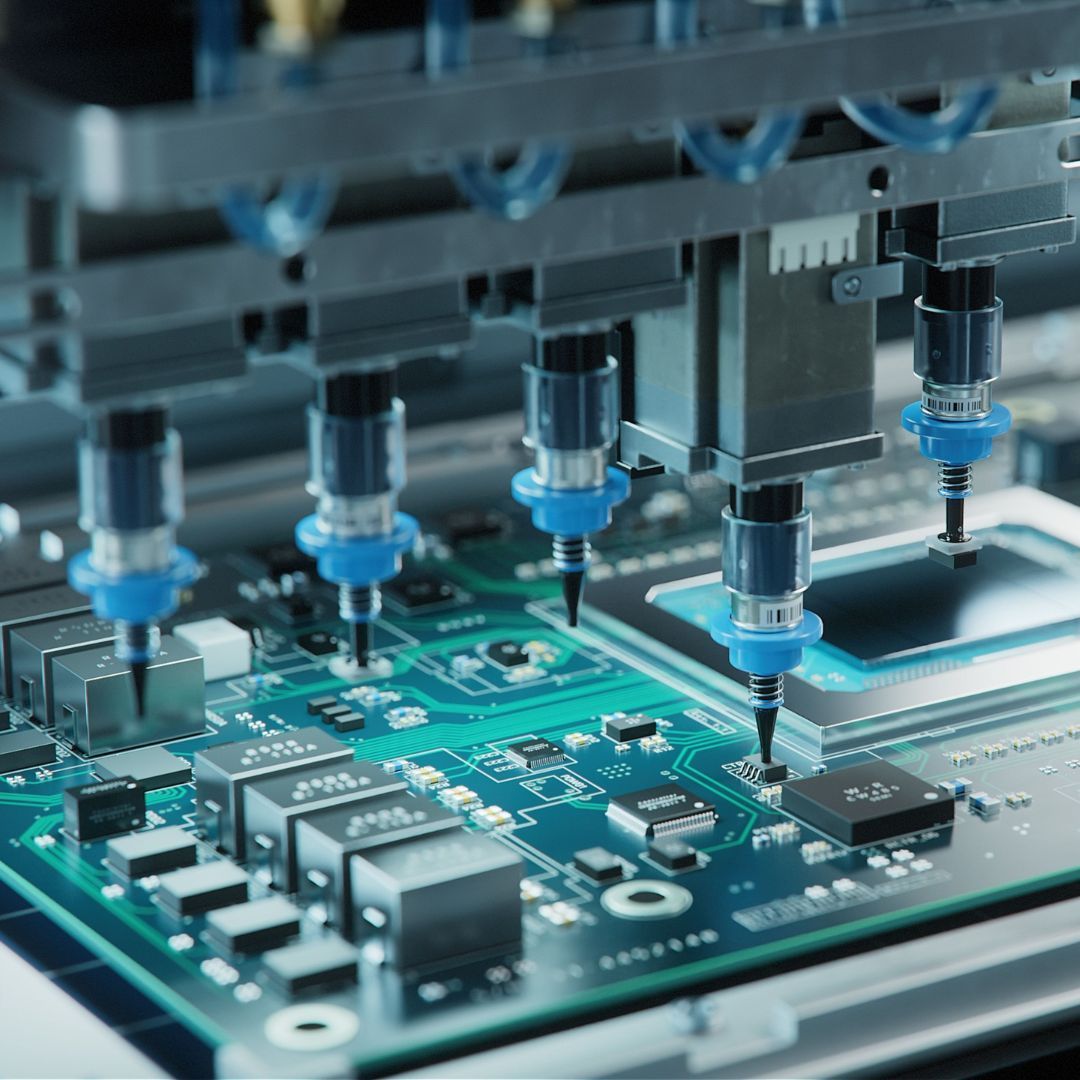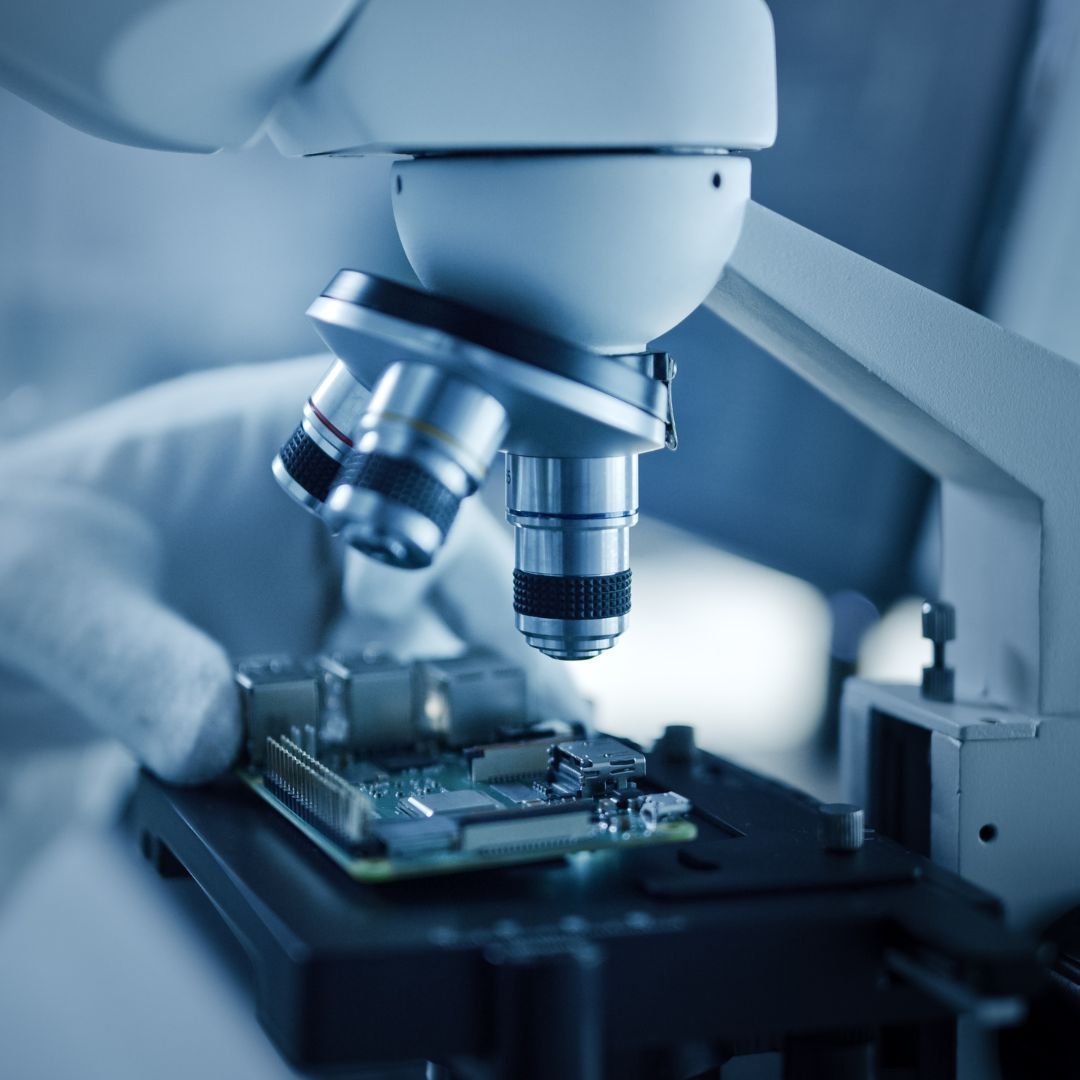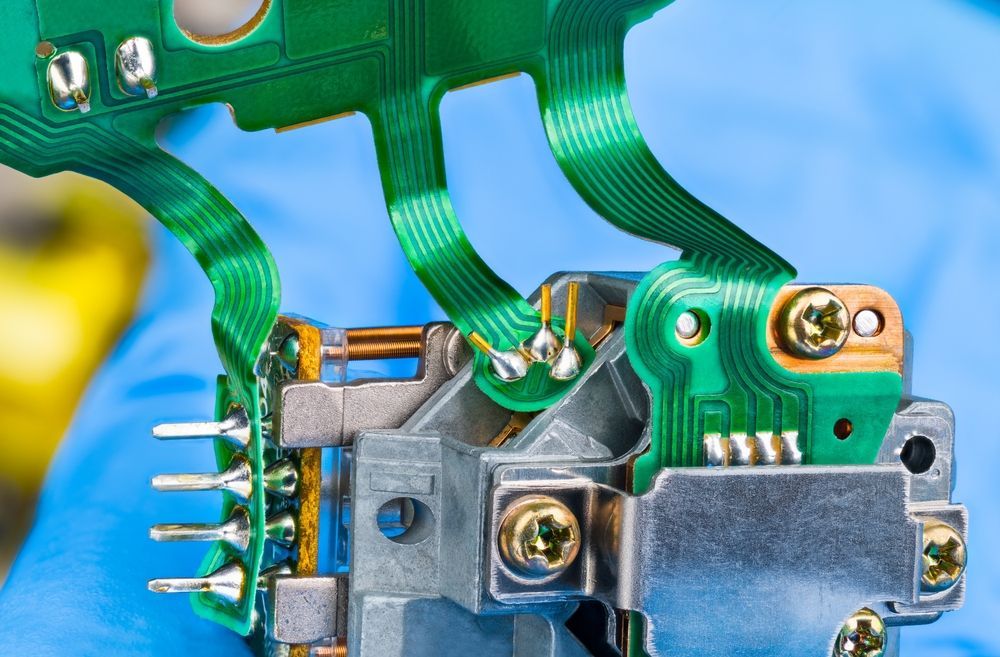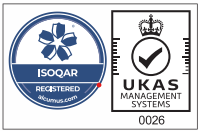Printed circuit boards (PCBs) are an essential component of many types of equipment used in the oil industry, providing a means for electrically connecting and mechanically supporting the various components of these devices. PCBs are used in a variety of applications in the oil industry, including the exploration, extraction, and transportation of oil.
Where Can You Find PCBs in the Oil Industry?
One common use of PCBs in the oil industry is in oil and gas exploration. Exploration equipment, such as seismic sensors and borehole logging instruments, often uses PCBs to connect and control various sensors and other components. These sensors are used to detect the presence and location of oil and gas deposits, and the data they collect is processed by the PCB and transmitted to a central control system for further analysis.
PCBs are also used in the extraction of oil and gas. Equipment used in this process, such as pumps, compressors, and separators, often relies on PCBs to connect and control various components. For example, a PCB might be used to control the speed of a pump or the flow of oil through a separator.
In addition to their use in exploration and extraction, PCBs are also used in the transportation of oil and gas. For example, PCBs are used in the control and automation of pipelines, which are used to transport oil and gas over long distances. In this application, PCBs serve a variety of functions, including power distribution, signal processing, and control of various components.
Other uses of PCBs in the oil industry include the monitoring and control of drilling and production operations, as well as the automation of oil and gas storage and distribution facilities. In all of these applications, PCBs provide a reliable and cost-effective means for electrically connecting and mechanically supporting the various components of the equipment.
What are the Advantages of Using PCBs in the Oil Industry?
One of the key advantages of using PCBs in the oil industry is their reliability. Oil and gas operations often have to be performed in harsh and challenging environments, and PCBs are designed to withstand these conditions. PCBs are also relatively easy to manufacture and repair, which makes them cost-effective for use in oil industry equipment.
Things to Take Away
In conclusion, PCBs are an essential component of many types of equipment used in the oil industry, providing a reliable and cost-effective means for electrically connecting and mechanically supporting the various components of these devices. Their use enables the development of compact and portable equipment that can be used to explore, extract, and transport oil and gas.
Here at M-Tek Assembly, we have years of industry experience, and our team of skilled engineers will guide you through the entire process. You will also be helping to save the environment by using M-Tek for your PCB assembly for use within the oil industry. We have achieved a
net-zero carbon footprint by using electric vehicles, and for every circuit board we build, we plant a tree! Contact one of our SMT and PCB assembly experts today for assistance. Call
01189 455377 or follow us on
Twitter to learn more about our services.
